Bergamot Plant
- January 10, 2024
- 0 comment
The Bergamot plant, scientifically known as Citrus bergamia, is a captivating citrus wonder that has become a staple in various aspects of our lives. Originating from Southeast Asia, this aromatic gem has a rich historical significance, with traders and explorers cherishing its fragrant fruits during the spice trade era. The plant boasts several varieties, each with its unique flavor profile and uses. Growing Bergamot requires careful consideration of factors like location, soil quality, and proper care. Its health benefits extend beyond the culinary realm, with medicinal properties and culinary uses that make it a valuable addition to wellness routines.
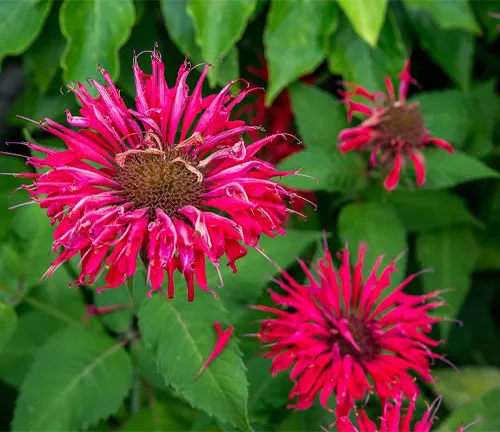
The extraction of Bergamot essential oil is a meticulous process with diverse applications in aromatherapy. Despite its versatility, growers may encounter common challenges such as pests and diseases, prompting the need for preventive measures. Bergamot’s aromatic qualities also make it popular in aromatherapy, contributing positively to mental and emotional well-being. From DIY recipes to sustainable cultivation practices, the Bergamot plant invites enthusiasts to explore its secrets and incorporate its essence into various aspects of life. Whether it’s in your garden, your teacup, or your skincare routine, Bergamot adds a touch of citrus magic to the tapestry of everyday experiences.
| Specification | Description |
|---|---|
| Scientific Name | Citrus bergamia |
| Family | Rutaceae |
| Origin | Southeast Asia |
| Varieties | Multiple with unique flavor profiles |
| Growing Conditions | Well-drained soil, ample sunlight, subtropical climate |
| Plant Type | Evergreen tree or shrub |
| Height | Typically 10-15 feet (3-4.5 meters) |
| Flowers | Small, white flowers with a pleasant fragrance |
| Fruit | Small, round, yellowish-green fruits |
| Uses | Culinary, medicinal, aromatherapy, perfumery |
| Cultivation Challenges | Pests (aphids, spider mites), diseases |
| Essential Oil Extraction | Cold-pressing of fruit peels |
| Main Components of Oil | Citrus limonene, linalyl acetate, linalool |
| Health Benefits | Antioxidant properties, digestive aid, mood enhancement |
| Common Culinary Uses | Flavoring in teas, desserts, and savory dishes |
| Aromatherapy Applications | Calming, uplifting, stress-relieving |
| Precautions | Phototoxicity – avoid direct sunlight after skin application |
| Sustainability Practices | Organic fertilizers, water conservation, eco-friendly cultivation |
| Popular References | Spice trade era, literature, cinema |
Unveiling the Secrets of this Citrus Wonder
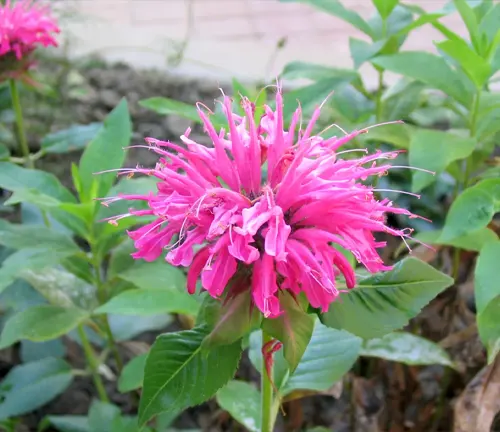
Bergamot, scientifically known as Citrus bergamia, is a fascinating citrus plant that has captured the attention of botanists, chefs, and health enthusiasts alike. Originating from Southeast Asia, this aromatic wonder has an illustrious history, weaving its roots into various aspects of our lives.
The rich history of the Bergamot plant dates back centuries. Traders and explorers cherished its aromatic fruits during the spice trade era, and its essence found its way into perfumes and culinary delights.
There are several varieties of Bergamot, each with its unique flavor profile and uses. Understanding these variations is crucial for enthusiasts looking to cultivate or utilize the plant.
Growing Bergamot: A Step-by-Step Guide
Choosing the Right Location
Selecting an ideal location for your Bergamot plant is the first step to a successful harvest. The plant thrives in well-drained soil and requires ample sunlight.
Soil Requirements
Understanding the soil preferences of Bergamot is essential for its optimal growth. The right soil composition contributes significantly to the plant’s health and productivity.
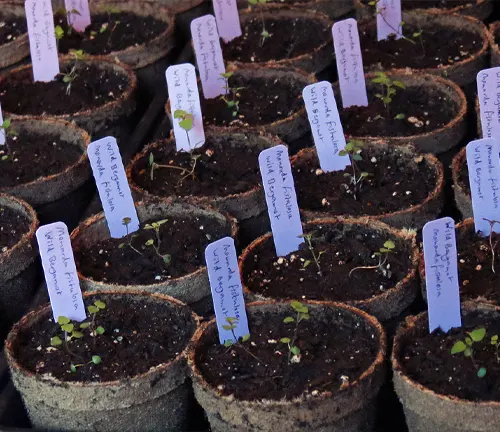
Planting Bergamot Seeds or Seedlings
Whether you’re starting from seeds or seedlings, the process of planting Bergamot requires precision and care. This section provides a detailed guide to ensure successful germination.
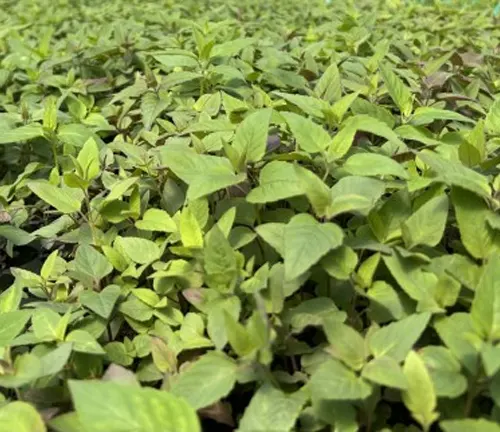
Watering and Care
Proper watering and care are paramount for the health of your Bergamot plant. Learn the dos and don’ts to ensure your plant thrives.
Bergamot Plant Health Benefits
Medicinal Properties
Bergamot is not just a culinary delight; it boasts numerous health benefits. Explore the medicinal properties that make Bergamot a valuable addition to your wellness routine.
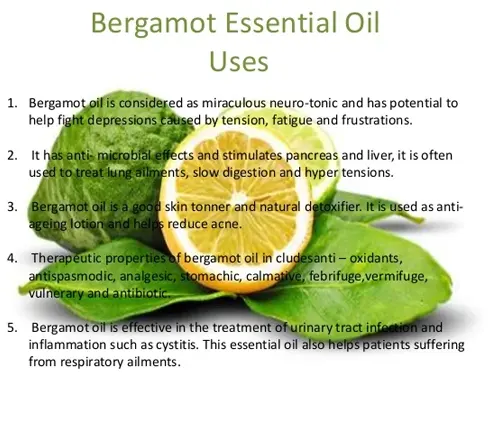
Culinary Uses
Unlock the culinary potential of Bergamot. From zest to juice, discover how this citrus wonder elevates your culinary creations.
Bergamot Essential Oil: Extraction and Uses
The extraction of Bergamot essential oil is an intricate process with a myriad of applications. Dive into the world of aromatherapy and discover the versatility of this precious oil.
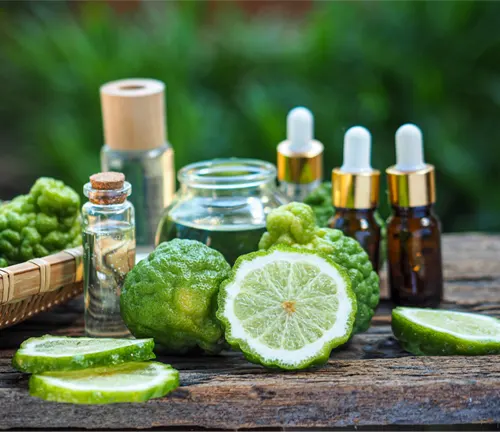
Common Challenges in Growing Bergamot
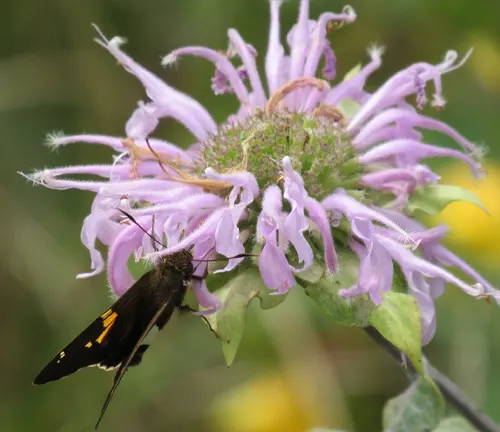
Pests and Diseases
Like any plant, Bergamot is susceptible to pests and diseases. Arm yourself with knowledge on prevention and treatment to ensure a thriving garden.
Tips for Prevention and Treatment
Practical tips to prevent and address common challenges in Bergamot cultivation. A healthy plant is a happy plant!
Bergamot Plant in Aromatherapy
The aromatic qualities of Bergamot make it a staple in aromatherapy. Learn how the scent of this citrus wonder can positively impact your mental and emotional well-being.
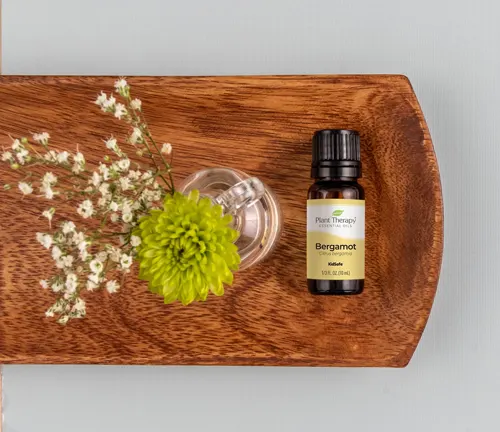
Bergamot in Popular Culture
From literature to cinema, Bergamot has left its mark on popular culture. Explore the various references and symbolic meanings associated with this captivating plant.
DIY Bergamot Recipes
Bergamot Tea
A step-by-step guide to brewing the perfect cup of Bergamot tea. Unwind and savor the unique flavors and aromas.
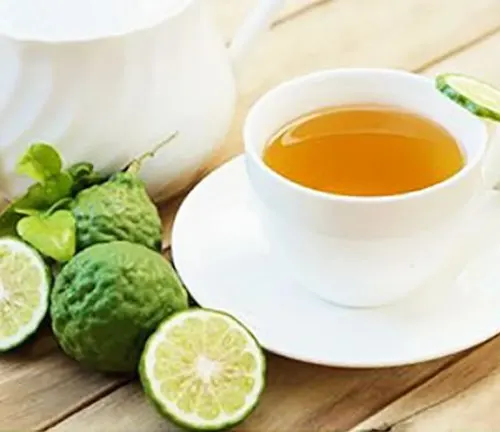
Bergamot-infused Recipes
Elevate your culinary adventures with Bergamot-infused recipes. From desserts to savory dishes, discover creative ways to incorporate this citrus gem.
Bergamot Harvesting and Storage
The art of harvesting and storing Bergamot requires finesse. Master the techniques to ensure the freshness and potency of your harvest.
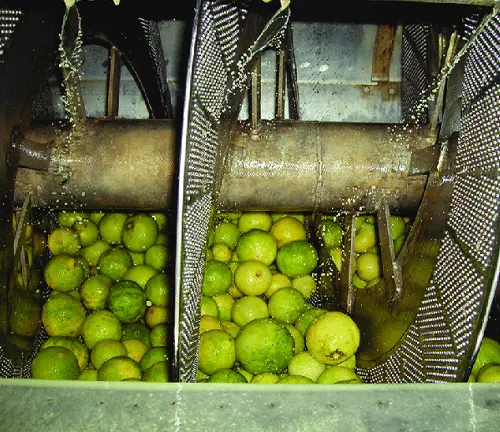
Sustainable Practices in Bergamot Cultivation
Explore eco-friendly practices in Bergamot cultivation. From organic fertilizers to water conservation, contribute to a sustainable future.
Different Species
Monarda didyma
(Scarlet Beebalm)
This species is renowned for its vibrant red flowers and is commonly used in herbal teas.
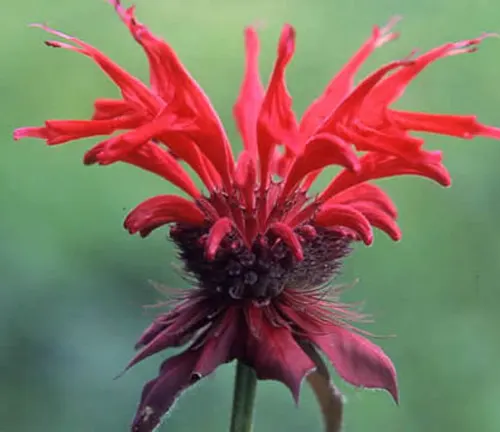
Monarda fistulosa
(Wild Bergamot or Horsemint)
Featuring lavender to pinkish flowers, this species is native to North America and attracts pollinators like bees and butterflies.
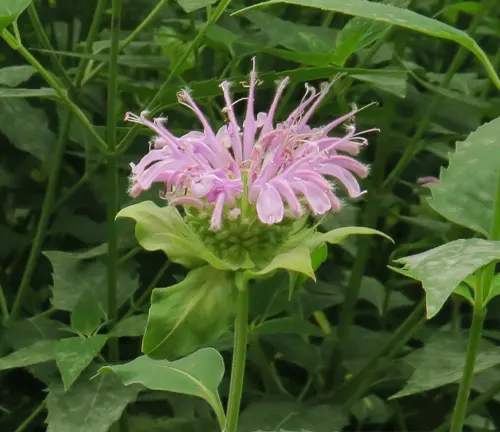
Monarda citriodora
(Lemon Beebalm)
As the name suggests, this species has a lemony fragrance and is often used in teas and culinary applications.
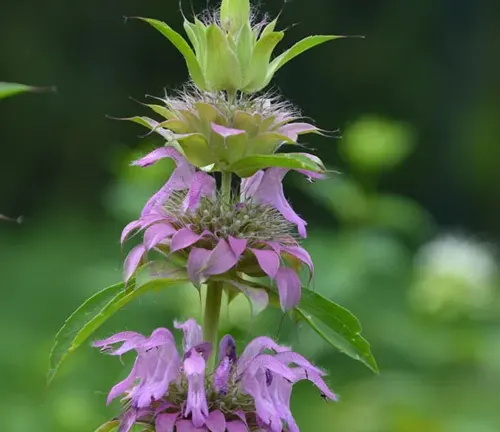
Frequently Asked Questions (FAQs)
- Is Bergamot easy to grow for beginners?
Bergamot can be grown by beginners with proper care. It prefers well-drained soil, sunlight, and regular watering. - What is the ideal climate for Bergamot cultivation?
Bergamot thrives in a subtropical climate. It requires warmth, sunlight, and protection from harsh frost. - Can I grow Bergamot indoors?
Yes, Bergamot can be grown indoors, but it requires adequate sunlight. Consider placing it near a south-facing window for optimal growth. - Can I use Bergamot leaves in cooking?
Bergamot leaves, especially from the Monarda species, can be used in cooking. They impart a unique flavor to dishes and teas. - What are the potential health benefits of Bergamot tea?
Bergamot tea is known for its potential health benefits, including antioxidant properties, digestive aid, and mood enhancement. - How do I extract Bergamot essential oil at home?
You can extract Bergamot essential oil at home by cold-pressing the peels. It’s a detailed process, and caution is advised due to phototoxicity. - Are there any known Bergamot plant pests to be aware of?
Aphids, spider mites, and scale insects are common pests that may affect Bergamot plants. Regular inspection and organic pest control methods are recommended. - Can I use Bergamot essential oil for cooking?
While Bergamot essential oil is used in aromatherapy and perfumery, it’s crucial to note that not all essential oils are safe for ingestion. Ensure you have a food-grade oil specifically labeled for culinary use. - Are there any precautions to take when using Bergamot essential oil?
Yes, Bergamot essential oil can cause photosensitivity. Avoid direct sunlight after applying it to the skin. Consult with a healthcare professional for any concerns. - Where can I purchase quality Bergamot seeds or seedlings?
Quality Bergamot seeds or seedlings can be purchased from reputable nurseries, online gardening stores, or specialty herb shops.


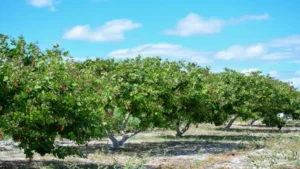
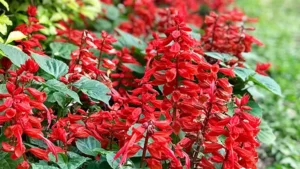

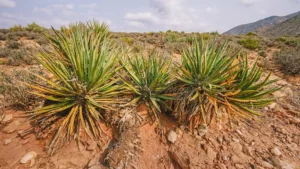


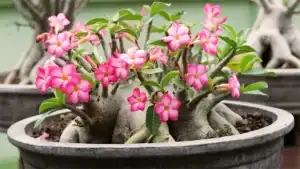
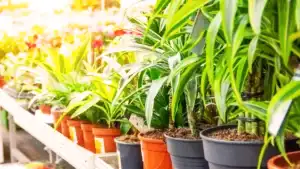
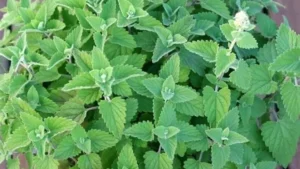

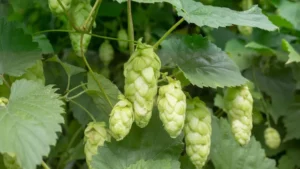
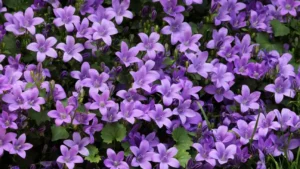
Leave your comment